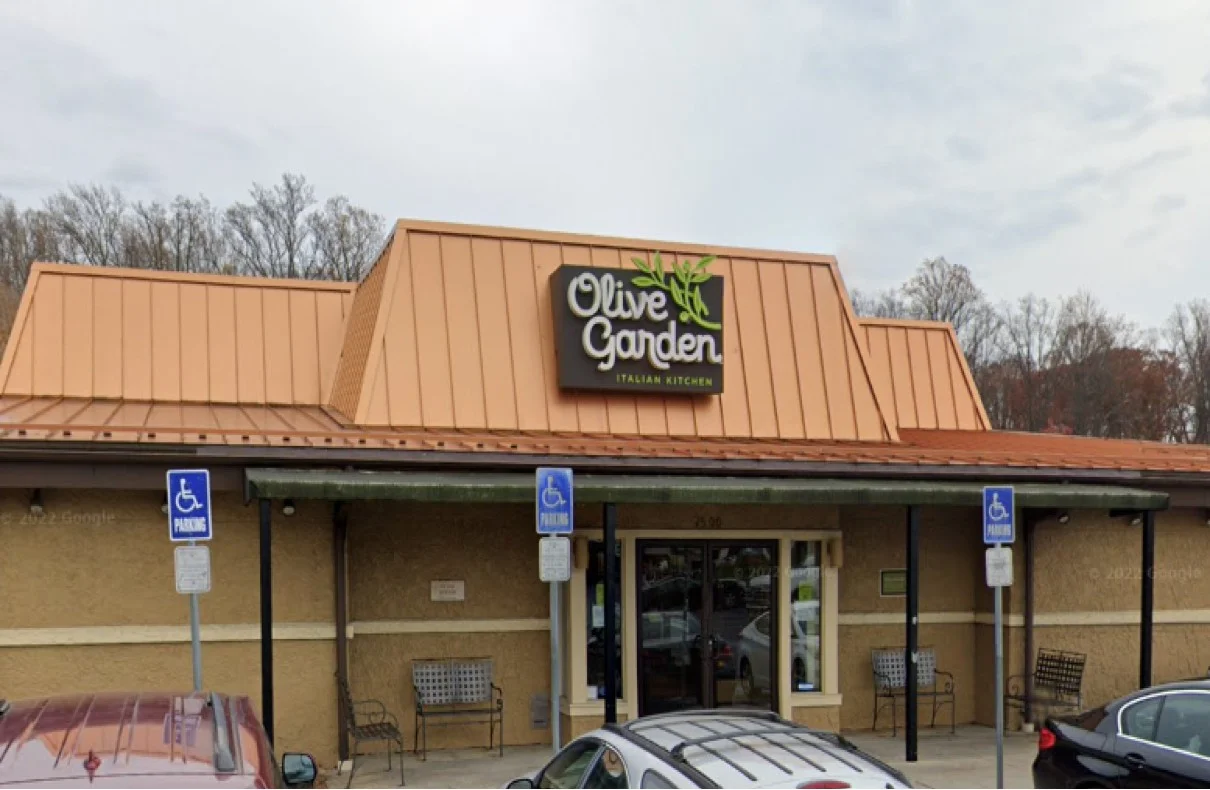Hepatitis A is a concerning infection that has recently impacted the Northeast Philadelphia community. An employee at the ShopRite located at Oxford and Levick Streets has been diagnosed with acute Hepatitis A, according to the Philadelphia Department of Public Health. While the risk of infection is low, it is crucial for individuals who handled raw beef or pork, or consumed undercooked meat from the store’s meat counter between January 4th and January 21st to take immediate action.
Hepatitis A is a viral infection that affects the liver. It is typically transmitted through the consumption of contaminated food or water, or by close contact with an infected individual. The virus spreads when an infected person doesn’t properly wash their hands after using the bathroom and then handles food. It can also be contracted by consuming food that has been contaminated during the preparation process.
Symptoms of Hepatitis A usually appear within two to six weeks after exposure. Mild cases may include diarrhea and vomiting, while more severe cases can lead to jaundice, fever, low energy, stomach pain, and dark urine. It’s important to note that some people may not experience any symptoms at all.
The Benefits of Regular Exercise for Men and Women: Exploring the Gender Gap
The Hepatitis A case at the ShopRite in Northeast Philadelphia has raised concerns among the local community. The infected employee was found to have acute Hepatitis A, prompting the Philadelphia Department of Public Health to take immediate action. Fortunately, no additional cases have been reported, and no other stores are currently affected.
The health department has identified a specific period during which individuals may have been exposed to the virus. If you handled raw beef or pork, or consumed undercooked meat purchased from the ShopRite meat counter between January 4th and January 21st, it is crucial to take precautionary measures.
To protect yourself from Hepatitis A, it is recommended that you receive the Hepatitis A vaccine. The vaccine is highly effective and can prevent the development of the infection. If you fall within the exposure period mentioned above, it is essential to get vaccinated as soon as possible.
If you are concerned about potential exposure, the Philadelphia Department of Public Health is offering free Hepatitis A vaccines. On Saturday, January 27th, from 8 a.m. to noon, vaccines will be available at District Health Center #10, located at 2230 Cottman Avenue. This is an excellent opportunity for individuals who may have been affected to receive the necessary vaccination.
While it is crucial for those who may have been exposed to the virus to get vaccinated, there are some exceptions. If you have previously received two doses of the Hepatitis A vaccine or have had Hepatitis A in the past, you do not need to be vaccinated again.
However, if you have never received the Hepatitis A vaccine or are unsure of your vaccination status, it is highly recommended that you get vaccinated. The vaccine is safe, effective, and plays a significant role in preventing the spread of the virus.
Aside from vaccination, practicing good hand hygiene is essential in preventing the spread of Hepatitis A. Properly washing your hands is one of the most effective ways to eliminate the virus and other harmful pathogens.
Make sure to thoroughly wash your hands with soap and water for at least 20 seconds after using the bathroom, changing diapers, and before preparing or consuming food. Hand sanitizers can also be used if soap and water are not readily available, but it’s important to note that hand sanitizers may not be as effective in eliminating Hepatitis A as handwashing.
Smoking and its Lasting Impact on the Immune System
To further protect yourself from Hepatitis A, it’s crucial to handle and prepare food safely. Here are some food safety precautions you can take:
-
Cook meat thoroughly: Ensure that all meat, especially beef and pork, is cooked thoroughly to kill any potential viruses or bacteria.
-
Avoid cross-contamination: Keep raw meat separate from other food items and use separate cutting boards and utensils to prevent cross-contamination.
-
Proper storage: If you have purchased beef or pork from the ShopRite between January 4th and January 21st and have frozen it, it is recommended to discard it as a precaution. Freezing does not kill the Hepatitis A virus.
-
Heating food: Heat food and liquids to a temperature of at least 185 degrees Fahrenheit (85 degrees Celsius) for at least one minute to kill the virus.
If you require assistance in obtaining the Hepatitis A vaccine, there are various options available. You can contact your healthcare provider or visit a pharmacy to inquire about vaccination services. The Philadelphia Department of Public Health also maintains a website that lists pharmacies where individuals with insurance can receive the Hepatitis A vaccine.
If you have any questions or need further support, you can reach out to the Philadelphia Department of Public Health at 215-685-5488 between 8:30 a.m. and 6 p.m., Monday through Friday.
